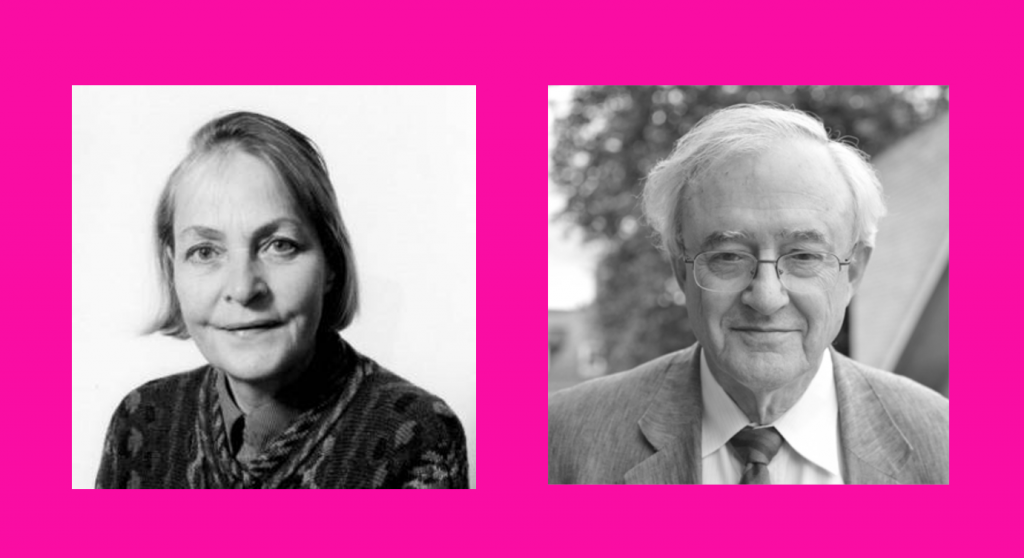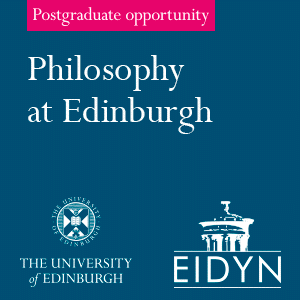Two Philosophers Recognized During Queen’s Birthday Honours
Two philosophers were among those recognized by Queen Elizabeth II during her Birthday Honours this year.
Sarah Broadie (University of St. Andrews) was named an Officer of the Order of the British Empire.
John Finnis (Oxford) was named a Companion of the Order of Australia.




It is actually the Queen of Australia who made the award to Professor Finnis.
Thanks for catching that. I removed the word “British.” Good enough?
Well, the Queen of Australia is, as it happens, British …
The queen has nothing to do with it, really, and neither Australians nor the British would say “recognised by the queen” or anything like that. The monarch occupies a purely ceremonial role. The awards are made at the recommendation of committees set up for this purpose by national governments. Her role is to ratify the recommendations, which is a formality.
Maybe we should read ‘British Queen Elizabeth II’ as ‘Queen Elizabeth II, who is British…’. Then the claim comes out true.
Ambiguity slaying aside, congratulations to both!
Is it correct that the Queen is British? She is not a British subject, as she is the ruling monarch. Is she a British citizen? All the information I could find quickly is that she does not have a British Passport: https://www.royal.uk/passports
As Queen, she is not British — she is Britain! (And Canada, and Australia, et al) As a natural person, I do not know; as you say, she doesn’t have a passport. Maybe since citizen is a concept in the same domain as “state”, that’s why it doesn’t apply to her, since she embodies the state herself. So as a natural person I guess we could say she is ethnically or genealogically British, in that she is a person from the British Isles.
I’m not quite sure what counts as ‘ethnically and genealogically British’, but her family only moved to Britain a few hundred years ago.
Possessing a passport is no criterion of citizenship.
The queen was born a British subject in virtue of being born in the U.K. in 1926, in accordance with the British Nationality and Status of Aliens Act of 1914 (which makes no exceptions for the royal status of one’s parents as far as I can see). She is a British citizen, I think, in virtue of the British Nationality Act of 1981, although it is somewhat confusing when the distinct category of British citizen came into legal force.
The Queen surely ceased to be a subject when she was crowned: You can’t be a subject of yourself.
Tell that to Kant.
I’d think the Queen is the subject of all Queens who can’t be the subjects of themselves, as one of her other subjects said on the subject.
It may be that she ceased to be a subject, but she would have ceased to be a subject of the Crown (she not being the Crown as such). Nevertheless, this does not affect whether she is legally a British citizen, and has legally been a British citizen for as long as that category has existed. What matters are the criteria set out in applicable UK citizenship law which, to my knowledge, make no exceptions for royalty (why would they?).
Nor, for that matter, does her legal citizenship, such as it is, affect whether she is, in fact, British, since’s one’s nationality is not always dependent on one’s citizenship.
Oxford students who signed the petition against Finnis aren’t going to agree with the Queen’s judgment.
Any at least half-competent philosopher who has read Finnis isn’t going to agree with the Queen’s judgment.
Congratulations to the truly extraordinary Sarah Broadie!
Elizabeth Windsor is not Queen Elizabeth II of Scotland (which is where St. Andrews is), because Queen Elizabeth I of England was not a Queen of Scotland.